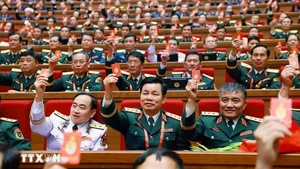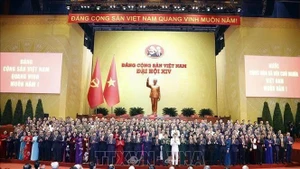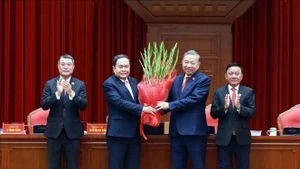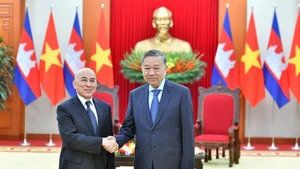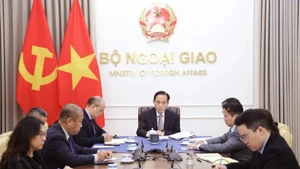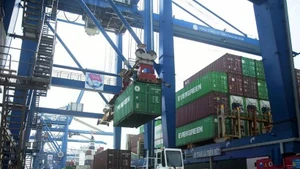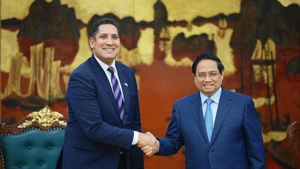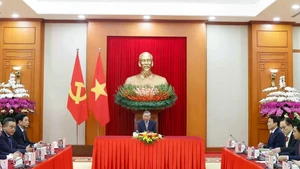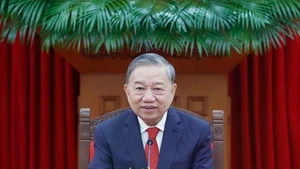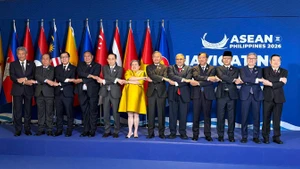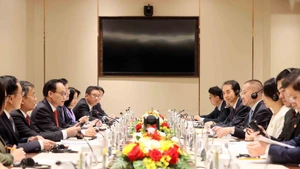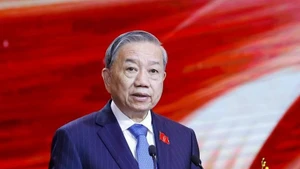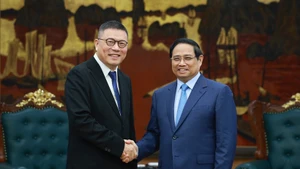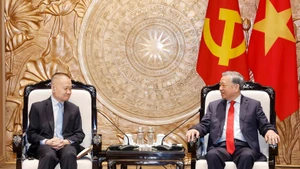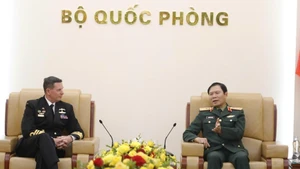The thread connecting Vietnam and Bulgaria was woven more than seven decades ago. The Bulgarian people have provided Vietnam with valuable support and assistance during the struggle for national liberation and reunification in the past, as well as during today’s cause of national development.
On February 8, 1950, Bulgaria was one of the first countries in the world to recognise and officially establish diplomatic relations with Vietnam. President Ho Chi Minh’s official friendly visit to Bulgaria in August 1957 continued to mark an important milestone in the history of relations between the two countries.
Since establishing diplomatic relations, Vietnam has received both material and spiritual support from the Bulgarian government and its people.
Many economic, educational and medical facilities in Vietnam were built with Bulgarian materials, technical support and the hard work of Bulgarian experts. Bulgaria also helped Vietnam train many scientists and officials while supporting and providing good conditions for the Vietnamese community in Bulgaria.
Despite the large geographical distance, the traditional friendly and cooperative relationship between Vietnam and Bulgaria is constantly nurtured with positive developments in all fields. The foundation of good political relations between the two countries for more than 70 years is demonstrated through visits by high-ranking national leaders, as well as leaders of ministries, agencies and localities.
This is an important premise to enhance mutual understanding and trust, contributing to the promotion of multifaceted cooperation between the two countries, especially in economics, trade, investment, security, defence, education, training, culture, sports, tourism, labour, local cooperation and people-to-people exchanges.
Former Bulgarian Ambassador to Vietnam Marinela Petkova once affirmed that Vietnam is Bulgaria's partner not only in Southeast Asia but also in Asia.
One of the key factors that bring Vietnam and Bulgaria closer together is their people. The Vietnamese community in Bulgaria currently has more than 1,000 people, concentrated mainly in the capital Sofia. This is a united community with a heart for the homeland, a relatively stable life, a good relationship with the government and living in compliance with local laws.
Besides good bilateral relations, Vietnam and Bulgaria also cooperate closely and effectively at international and regional forums. Bulgaria supported Vietnam's accession to the World Trade Organisation (WTO), its candidacy for non-permanent membership of the UN Security Council during the 2008-2009 and 2020-2021 terms, its candidacy for the UN Economic and Social Council (ECOSOC) for the 2016-2018 term, and its candidacy for UN Human Rights Council for the 2014-2016 and 2023-2025 terms.
Vietnam and Bulgaria’s respective important geopolitical locations in Southeast Asia and Southeast Europe make Vietnam and Bulgaria the bridges for cooperation between the two regions. Bulgaria is an important gateway for Vietnamese goods to enter the European market, especially the Balkan countries.
Both countries desire extensive international integration, uphold peace and sustainable development.
The good relationship that generations of both countries’ leaders and people have built is the foundation to further advance cooperation between Vietnam and Bulgaria in the future.
During the talks with Vietnamese Vice President Vo Thi Anh Xuan as part of her official visit to Bulgaria in October 2021, Bulgarian Vice President Iliana Iotova said that the two countries still have a lot of potential for cooperation that needs to be further utilised and promoted, including the opportunities brought by the EU-Vietnam Free Trade Agreement (EVFTA).

